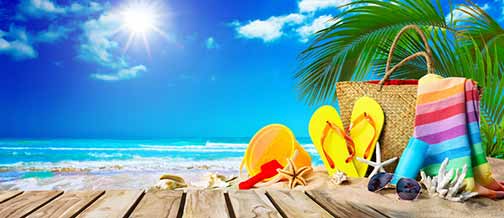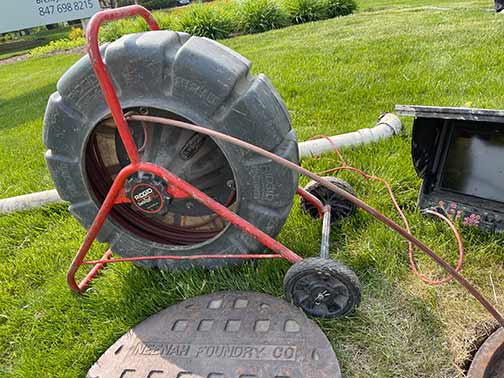
When you think of summer, your mind is probably on all the cool things you will do during this short spell of nice weather. Like most homeowners, you may not be aware of the impact of summer on the long-term performance of your home’s plumbing.
Summer is when your plumbing is going to see the most use. The increased demand for the system can result in more plumbing problems in your home, according to Specialized Management Indianapolis team. Additionally, summer heat also puts a lot of strain on your pipes, making them more likely to crack.
These are just some of the reasons to ensure the plumbing in your Illinois home is in top shape going into summer. The small steps you take to prepare the plumbing can go a long way to make the system more resilient and save you a ton of money and stress.
This post will outline eight essential steps to fortify your plumbing against the pressures that summer will pile on it.

8 plumbing tips to help you avoid problems during summer
Inspect the plumbing for leaks
Even the smallest leak can result in massive waste of water and astonishingly high water bills. Most times, leaks in your water pipes are not easy to detect. That is why you have to make a conscious effort to search for them. There are two common types of plumbing leaks that homeowners like to ignore: running toilets and dripping faucets. But these leaks can waste huge amounts of water if not dealt with.
Clean gutters and downspouts
Winter snow and spring rains put a lot of pressure on roof gutters. When summer comes around, lots of debris would have collected inside the gutters and downspouts. Sections of the gutter may even leak or sag. These problems lead the gutters and downspouts to discharge water into your roof or on the walls and base of your building. Inspect and clean gutters and downspouts to avoid problems.
Inspect outdoor faucets
Outdoor faucets get used a lot in summer. You use them to water plants, fill the swimming pool, and wash your car or driveway. You want the faucet to be in good condition when you use it for these activities. A leaky faucet can waste an unbelievable amount of water within a short time. Inspect the faucet for leaks, signs of rust and other problems.
Check your sprinkler system
Summer is when your lawn needs the most water, but sprinkler systems are often less efficient during this time of the year. That’s because higher temperatures mean higher rates of evaporation and less water reaching the roots of plants. These issues are compounded if your sprinkler head is damaged or obstructed by debris. To ensure proper water usage in summer, inspect your sprinkler system for leaks, rust and other problems.
Inspect your sewer system
The sewer system will experience more abuse in summer than at any other time of the year, especially if you have small children in your home. Summer activities also increase the potential for sewer line issues in your home. The way to avoid these problems or minimize their impact is to take preemptive steps. Have your sewer line camera inspected and cleaned. Act now instead of waiting until the plumbing emergency has occurred.
Check your water heater
Depending on your family’s lifestyle, your hot water needs will increase or decrease during summer. Whether there is more or less demand for your water heater, this is the best time to check your hot water system. If you use a storage water heater, now is the time to drain and flush it. If you wait until autumn, the cost of prepping your hot water system for winter will be higher.
Test your sump pump
Even if you tested the sump pump at the beginning of the year, before the onset of spring, it still makes sense to test it again as summer approaches. Sump pumps should be tested and maintained regularly to avoid a premature replacement of the sump pump. Since rainfall patterns are no longer predictable because of climate change, it is harder to accurately forecast the incidence of floods. But you don’t have to worry if your sump pump is in good condition.
Save water to save money
Since you will be using more water in your home during summer, it makes sense to implement a few water-saving measures in the house. These can be as simple as catching rainwater with a barrel to water plants or wash things. You can also install low-flow faucets and showerheads in the house. These are small changes that don’t cost a lot but can save you a lot of money.
Finally, it is best to start doing all these steps before summer. If you wait until the fun season begins, you may be too distracted to pay attention to your plumbing. Cheers!

